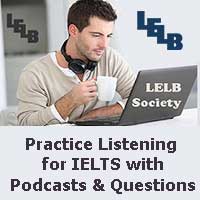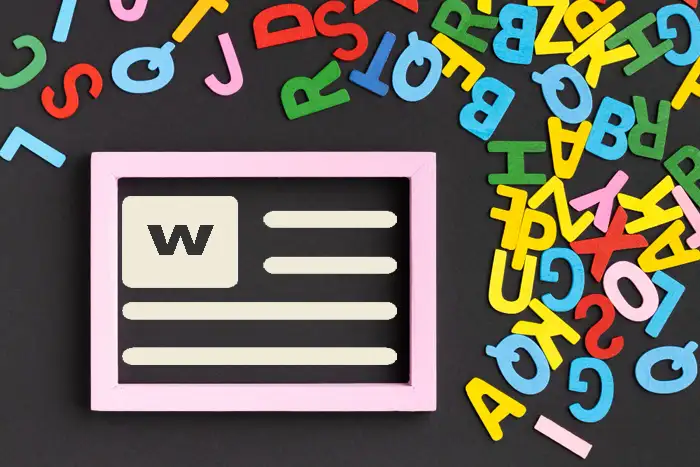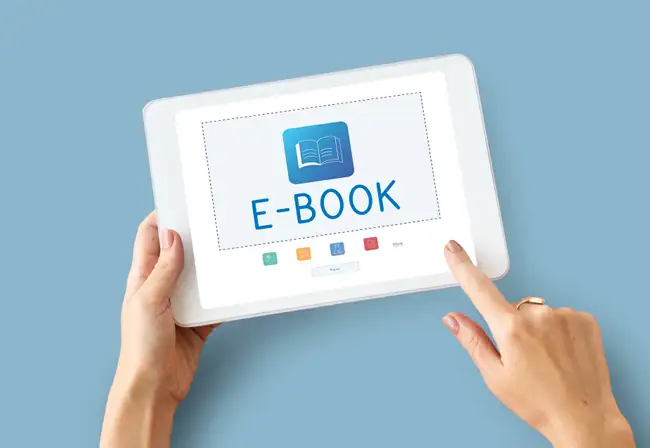Books IELTS Listening Reading Practice
Books IELTS Listening Reading Practice
IELTS Reading Practice
Source: https://www.wikihow.com/Read-a-Book
Author:
Skim the table of contents and index. Most books that are comprised of many smaller pieces have a clear table of contents to facilitate quickly jumping to a particular piece. Some also have an index at the end, which will list keywords and other important terms along with page numbers where each one appears.
- An effective way to jump into a book of poems or essays is to pick one that sounds interesting and flip to it, rather than starting at the very beginning. You can read this item first and decide how you feel about it, then adjust your browsing method accordingly to find more of what you like and save the boring or less-impressive stuff for last.
Read interactively. Inhabit the writing inside the book and make it a part of your own life by emphasizing your favorite parts. You will enjoy it much more than if you try to dryly deconstruct it or push through it in a linear fashion.
- Keep track of what you read. Write down page numbers or author names for items you particularly enjoy so that you can revisit them easily in the future.
- Use a pencil. If you own the book, consider lightly marking it with a pencil wherever you see a line or a word that grabs your attention.
Take notes. It is possible to read a textbook for fun, but the practice is not very common. Most people read a textbook because they need to get information, and textbooks are an excellent source of concentrated, clearly-organized information on many topics. To get the most from reading your textbook, have a notepad open beside you while you read.
- Set a pattern. Read one paragraph at a time, then stop and make a note about what that paragraph said. Try to put it into one or two quick phrases or sentences.
- Review your results. At the end of your session, you’ll have a personal copy of all the information you need. Read over it to ensure that everything makes sense to you.
Read by chapter. In most cases, it isn’t necessary to read a textbook straight through from start to finish, but it isn’t very useful to jump from section to section, either. Instead, every time you have to read even part of a chapter, if you haven’t done so already, plan to read that entire chapter.
- Understand more of what you read. Reading the whole chapter in order once will put all the information you need into a solid context, making it easier to understand and easier to remember.
- Take a victory lap. There’s no need to read back through the whole chapter once you’ve done it the first time. You can cherry-pick from the chapter as needed afterward.




How much time does Bill Gates usually spend for reading book every night?
Corrections:
1. spend time doing sth (gerund) / on doing something
2. reading books / a book
How much time Bill Gates usually spend for reading a book every night?
Corrections:
How much time does Bill Gates spend …?
How can we skim books?
What does “Inhabit the writing inside the book ” mean?
What does cherry-pick mean when we read a book?
8. What does “block out an hour” mean?
7. Can you read a book that you totally disagree with its context?
It’s better to put it in this way:
Can you read a book whose context you totally disagree with?
6. Why does he believe at least one hour a time need for reading a book?
5. Why does he think using a paper book is a ridiculous idea while traveling?
4. Why doesn’t he start “infinite jest” book?
3. why does take a long time for reading a book that he disagrees with that?
Corrections:
1. why :arrow: Why
2. Why does it take a long time for him to read a book …
3. a book that he disagrees with / a book with which he disagrees.
2. Why does he take notes while he is reading a non-fiction book?
How does he read en book? Does he try always to finish the book or when does he get the idea that book will accomplish he stops reading the book?
Corrections:
1. read en book :arrow: read a book
2. does he always try to
He doesn’t let himself to read a book that he can’t finish it.
Corrections:
He doesn’t let himself read a book that he can’t finish.
let sb/sth do sth
“it” at the end of the sentence is redundant and should be omitted.
i dont have a comment now.
Corrections:
dont :arrow: don’t
I can accept this comment only because this is the first time you are here.